Site Reliability Engineering (SRE) Foundation℠
-foundation.jpg)
SRE Foundation℠ Course Features
16 Hours of Instructor Led Training
Certified and Experienced Instructors
Session recording access
Study materials and exam prep questions
Practice Questions
Learning objectives
-
Learn about site reliability engineering
-
Understand its core vocabulary, principles, practices and automation
-
Learn about real-world SRE scenarios and success stories
Target audience
-
Anyone starting or leading a move towards increased reliability
-
Anyone interested in modern IT leadership and organizational change approaches
-
Business Managers
-
Business Stakeholders
-
Change Agents
-
Consultants
-
DevOps Practitioners
-
IT Directors
-
IT Managers
-
IT Team Leaders
-
Product Owners
-
Scrum Masters
-
Software Engineers
-
Site Reliability Engineers
-
System Integrators
-
Tool Providers
Prerequisites
To get the most out of this learning path, you should have a basic understanding of DevOps, software development, and the software development lifecycle.
Exam and Certification information
Duration: 01 hour
Number of Questions: 40 (Multiple Choice)
Pass mark: 65%
Open book: Yes
Delivery: Web-based
Languages: English, Brazilian Portuguese, Chinese, French, Japanese, Spanish
Course Outline
- Course Goals
- Course Agenda
- What is Site Reliability Engineering?
- SRE & DevOps: What is the Difference?
- SRE Principles & Practices
- Service Level Objectives (SLO’s)
- Error Budgets
- Error Budget Policies
- What is Toil?
- Why is Toil Bad?
- Doing Something About Toil
- Service Level Indicators (SLI’s)
- Monitoring
- Observability
- Automation Defined
- Automation Focus
- Hierarchy of Automation Types
- Secure Automation
- Automation Tools
- Why Learn from Failure
- Benefits of Anti-Fragility
- Shifting the Organizational Balance
- Why Organizations Embrace SRE
- Patterns for SRE Adoption
- On-Call Necessities
- Blameless Post-Mortems
- SRE & Scale
- SRE & Other Frameworks
- The Future

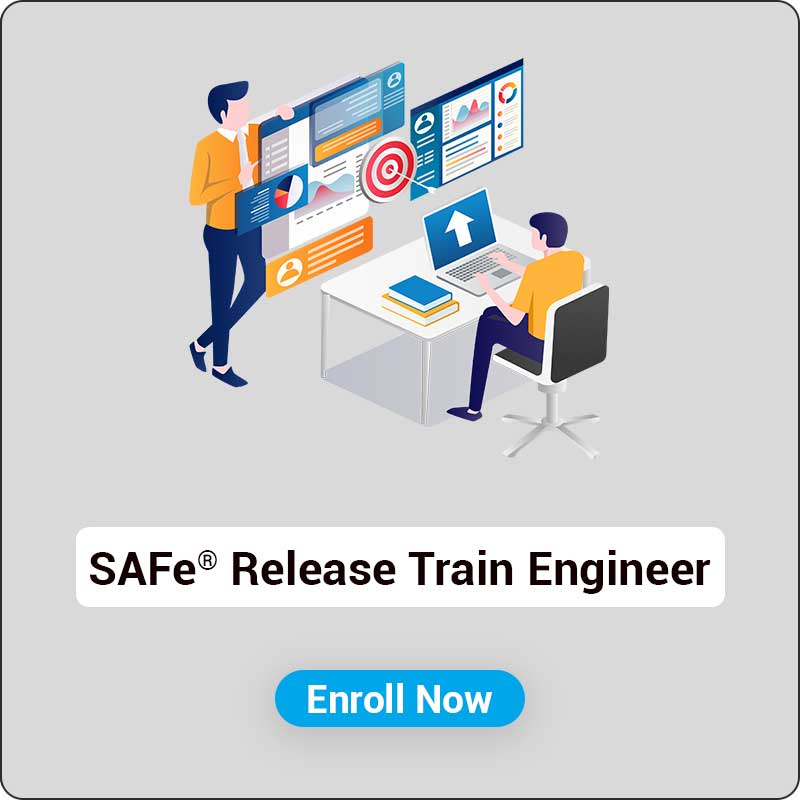
.png)
-practitioner.jpg)
-foundation.jpg)
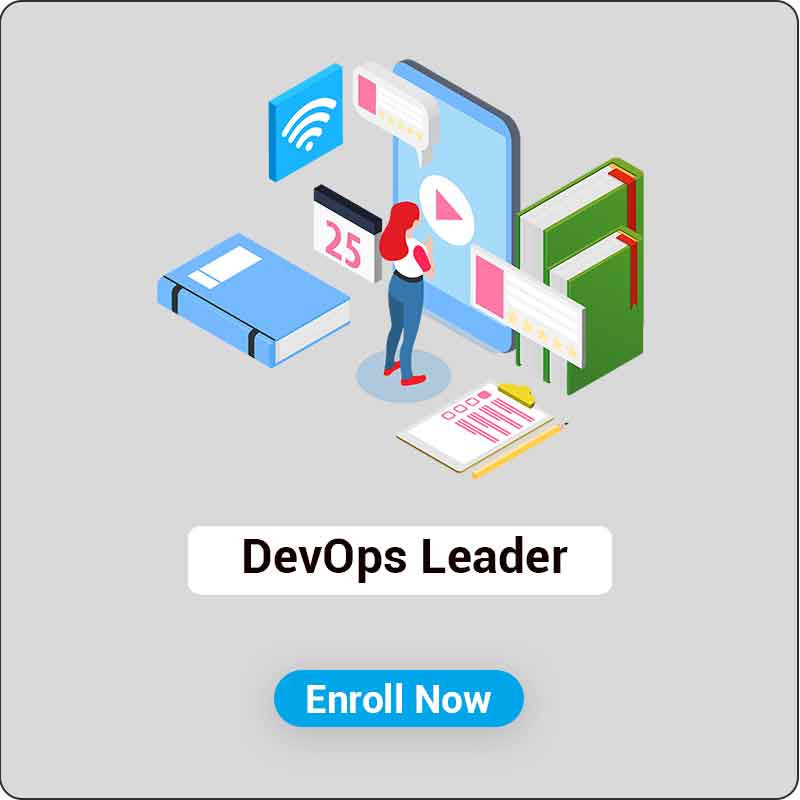
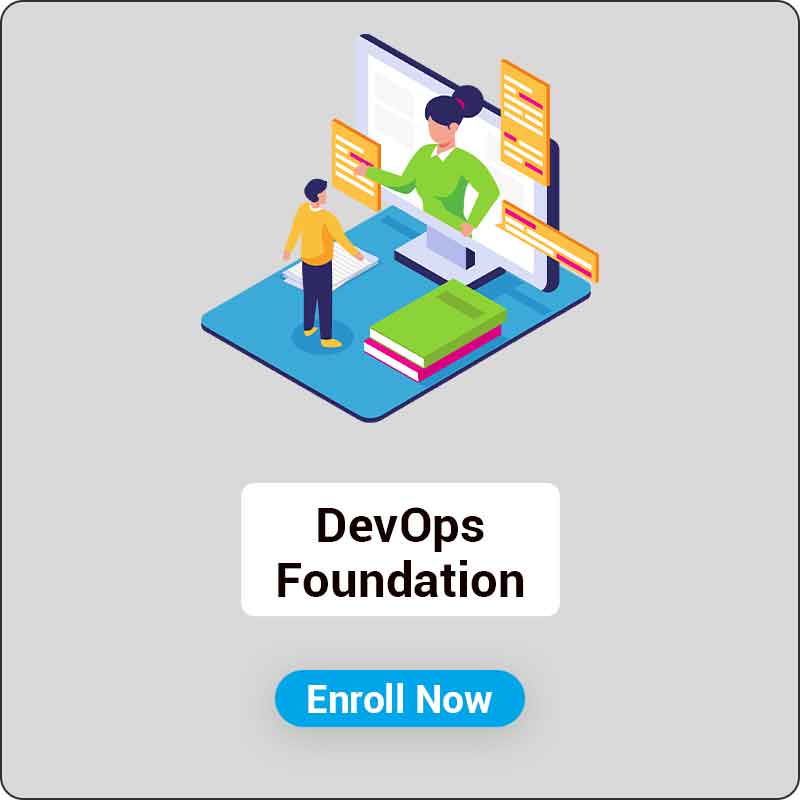
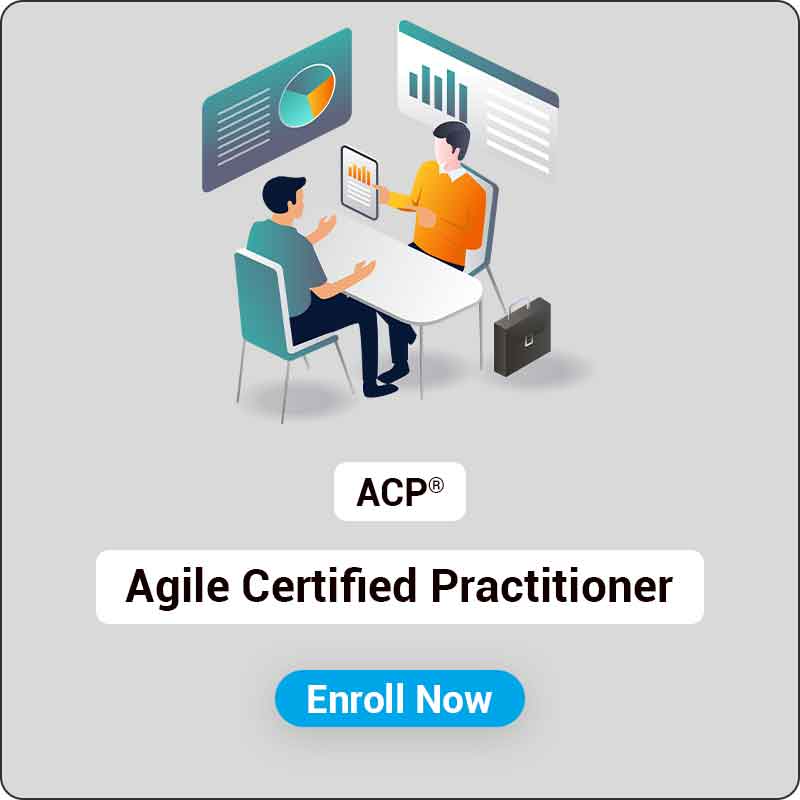
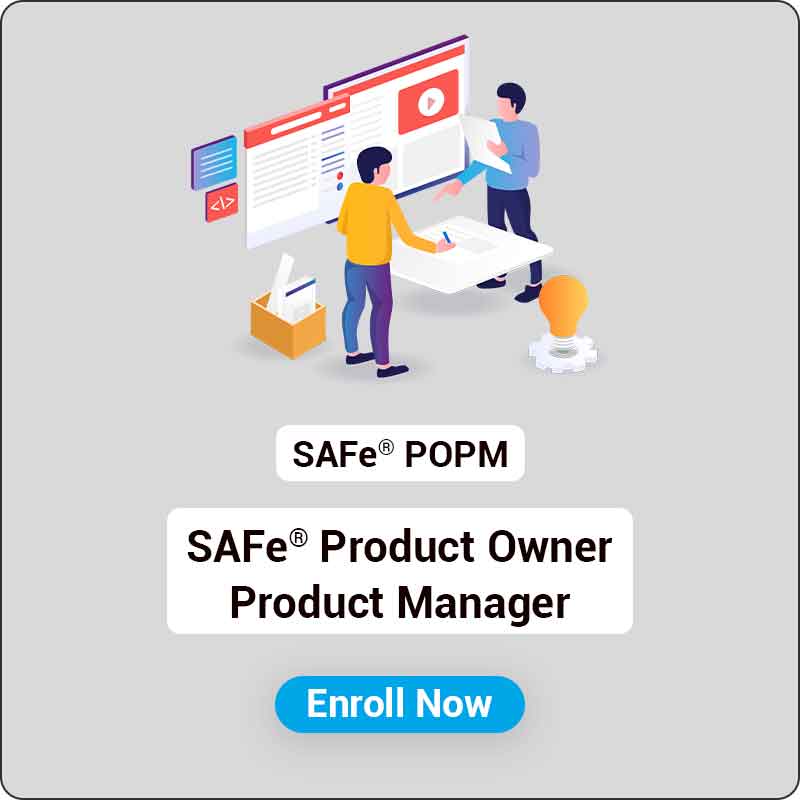
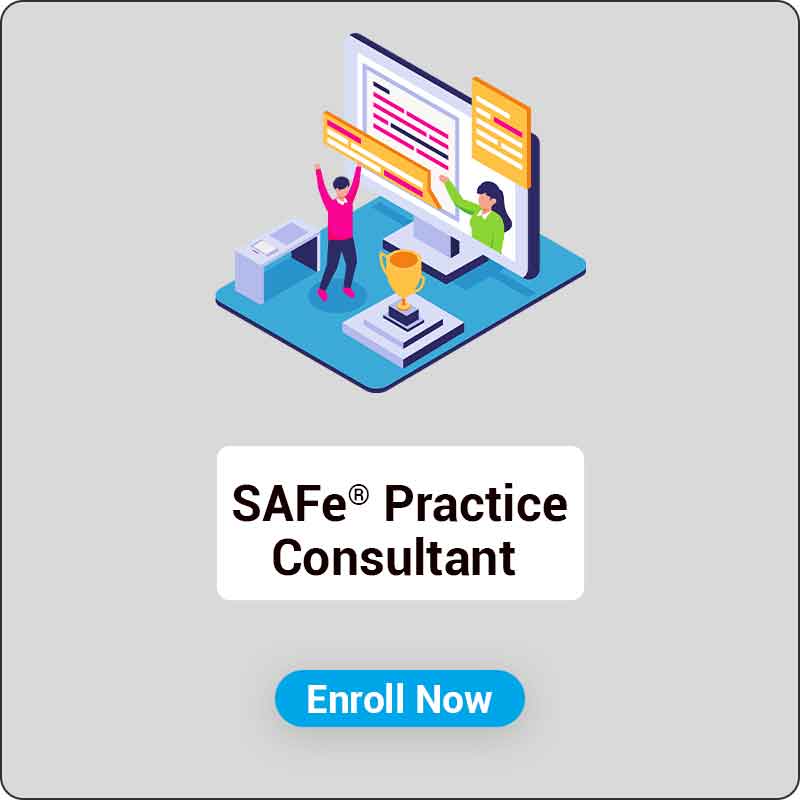
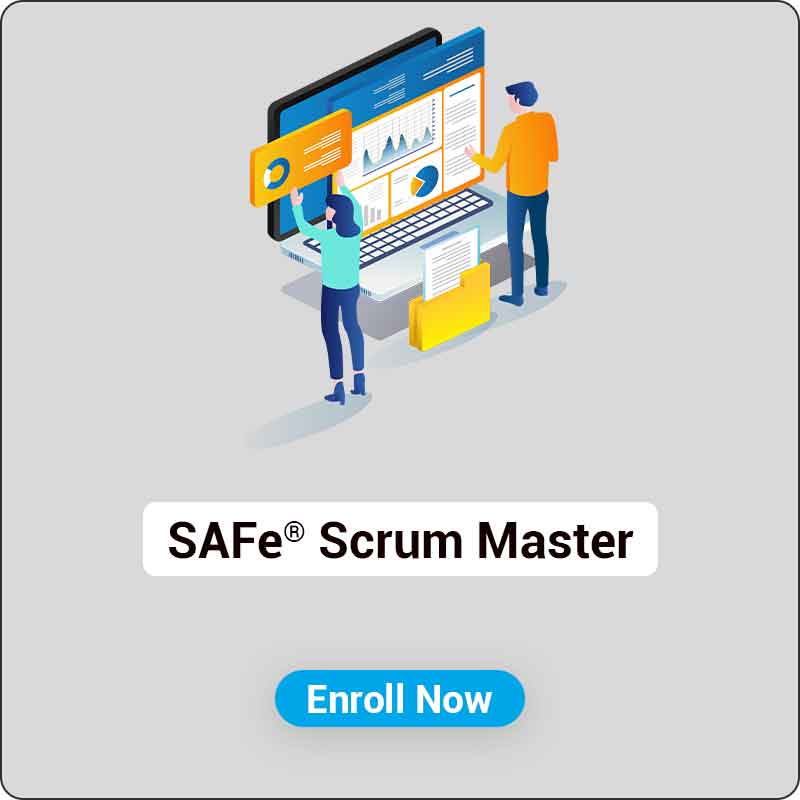

Student feedback
Reviews